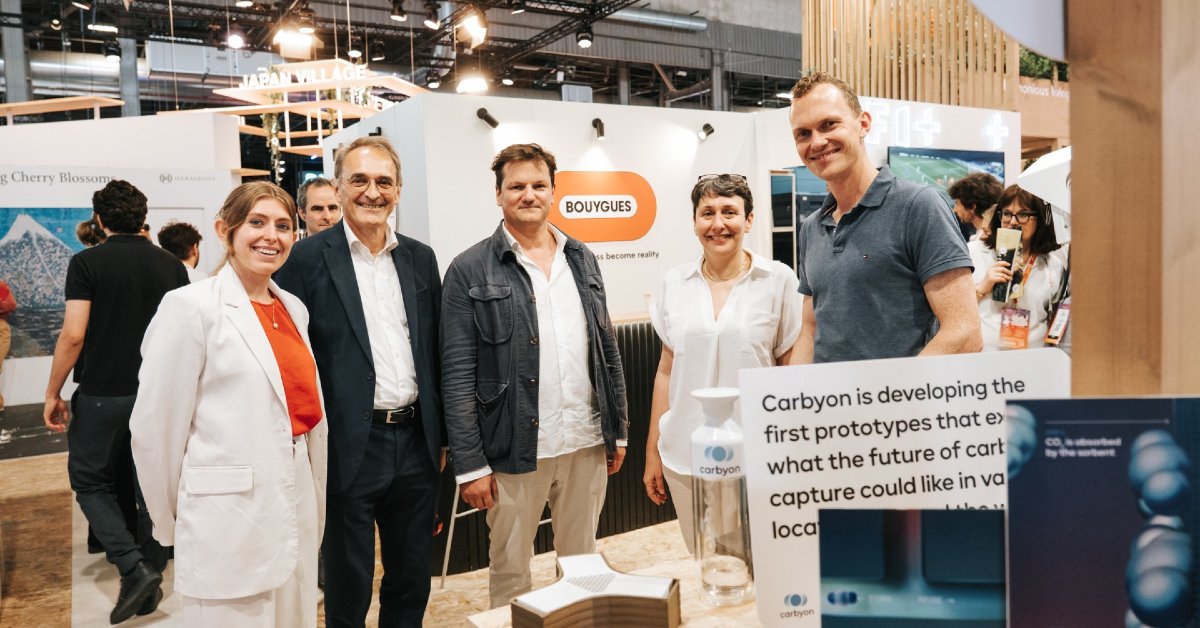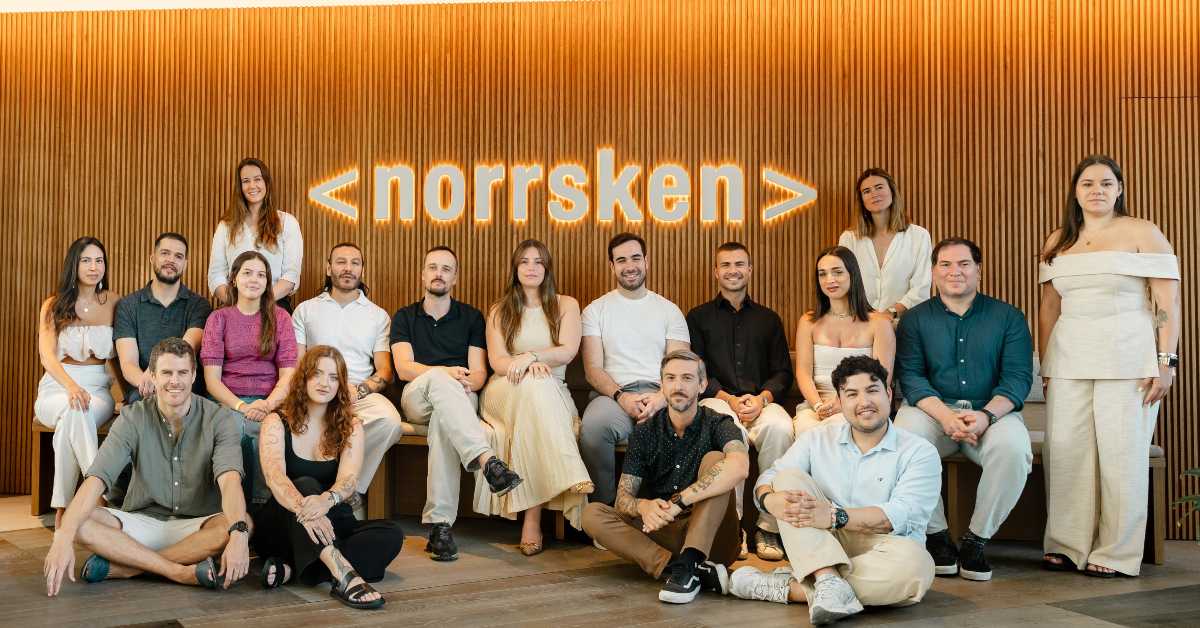Stockholm-based Budbee, a parcel delivery service, announced on Monday, September 2 that it will utilise parcel lockers for all deliveries in the Netherlands, effectively eliminating traditional home delivery services.
“We are not forced to participate in the price war between parcel deliverers who outdo each other with prices that are further below cost price and therefore always at the expense of people and/or the environment,” says Jørgen Höppener, General Manager Benelux at Instabee Group.
With approximately 1000 parcel lockers strategically positioned across the Netherlands, the Swedish company aims to streamline operations, reduce delivery trips, ease urban congestion, and significantly decrease its carbon footprint.
“We are already the largest provider of parcel lockers in the Netherlands and will continue to invest here in the near future,” adds Höppener.
Budbee: Providing seamless e-commerce experiences
Founded in 2016 by Fredrik Hamilton, Budbee is a delivery startup that aims to end the poor delivery services that constantly give businesses and consumers issues.
With Budbee, customers have control over the delivery experience and can tailor it to their personal preferences.
With a self-learning system and bespoke algorithms, Budbee reaches more than 40 million people in Sweden, Finland, Denmark, Belgium, and the Netherlands – either through the extensive network of parcel lockers or with home deliveries.
To date, more than 7 million unique consumers have been served with same or next-day deliveries using bikes, electric vehicles, and biofuels.
The Swedish company’s services are used by thousands of e-commerce companies, including ASOS, Zalando, Inditex, and H&M.
Backed by Kinnevik, Stena Sessan, and AMF, among others, the company is on track to become the leading European e-commerce enabler.
On 31 October 2022, Budbee joined forces with Instabox under a new parent company, Instabee.










01
From telecom veteran to Dutch Startup Visa success: The Jignesh Dave story